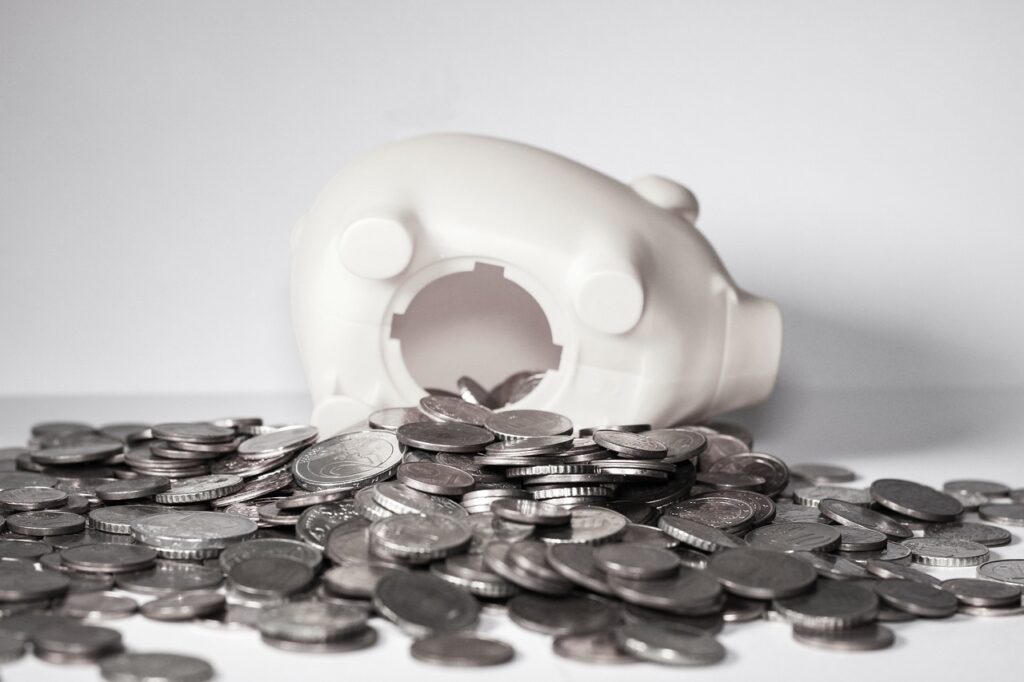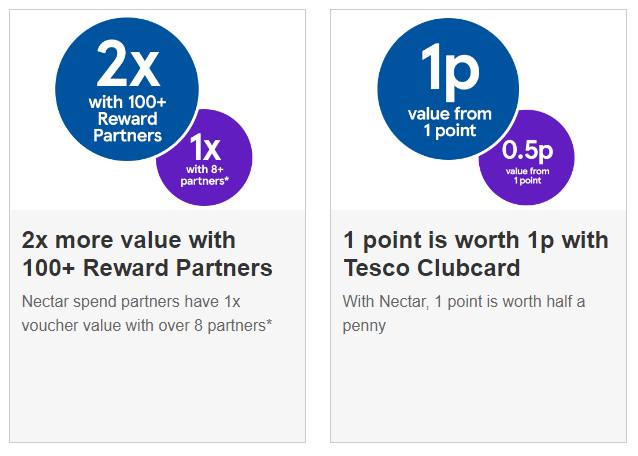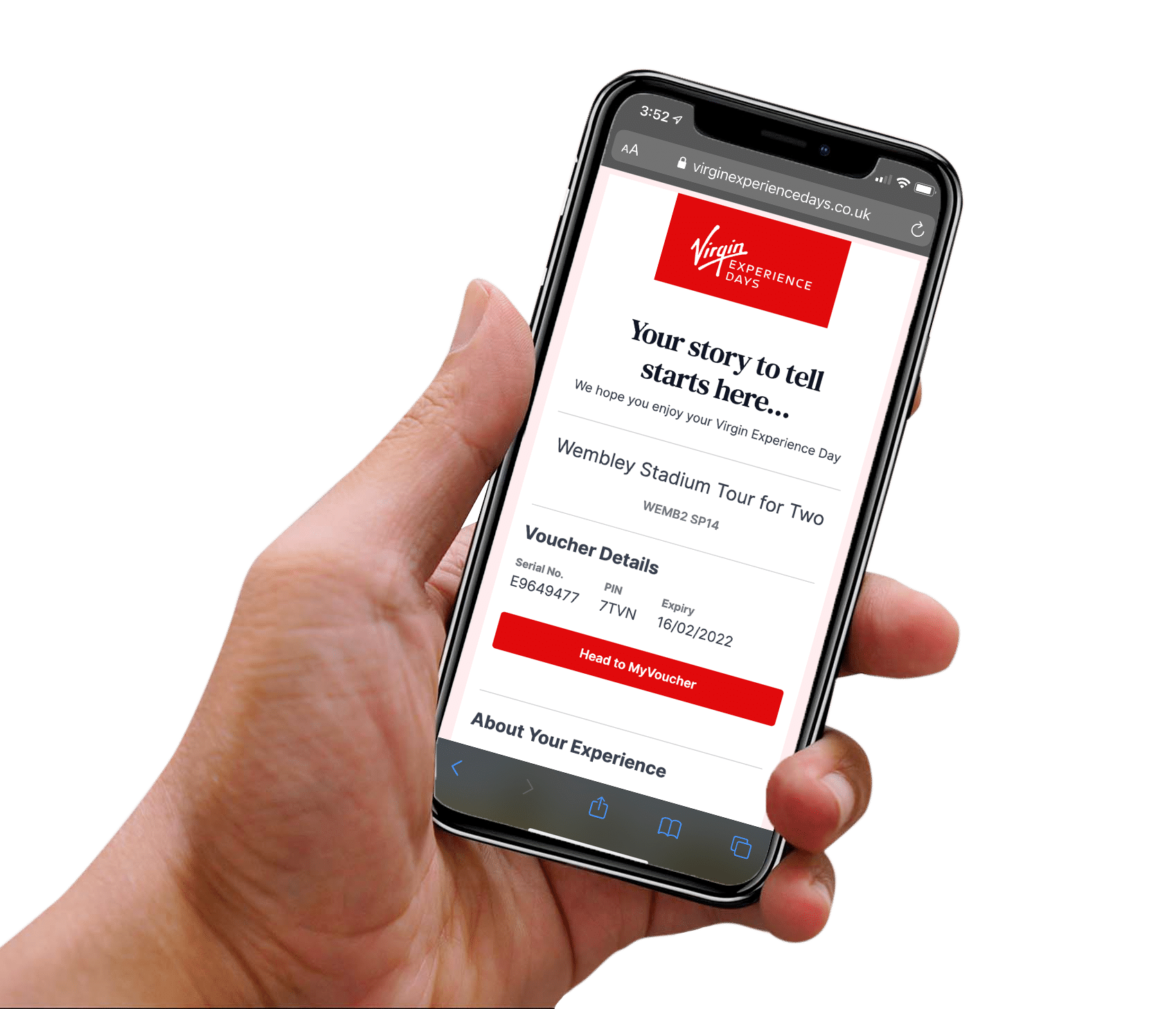We’ve had a handful of clients ask us how customer rebate schemes might help them increase sales or save being scuppered on pricing, so here’s some info on how to implement your own scheme as part of a comprehensive pricing strategy.
Fair warning – this is one of our lengthier posts.
Customer rebates are a great way of bringing in new business – the lure of a discount is often hard to resist when comparing your products to a competitor’s, especially if you have quite similar product offerings. But:
Why offer a rebate when you could simply discount your prices?
If you’re keen to have a ‘premium’ looking brand, rebates remove the need to advertise a discount, and instead you can show a monetary value to buying your products.
Instead of 25% off a £1000 phone, you can offer ‘£250 back’ following a purchase, and that’s the key to working out how much rebate to offer too.

Also, if you sell your products in bulk and discount according to the volume bought, your company can wind up stung if the client changes their order volume after you’ve made a quote per unit (you could try reneging on the price, but you’ll likely lose future business in that case).
Rebates allow you to quote a uniform price per unit, with a rebate value set according to unit volume ‘bands’ (1-100 units, 101-200 units etc.), meaning no-one can argue that you didn’t deliver on a promised price.
How much should I offer as a rebate?
If you can offer 20% off your services before you’re eating into your profits or delivery costs, then you can offer a rebate up to the value of 20%. Easy as that.
The thing to consider is how much extra business you think offering a rebate will bring in, and how much it will cost you if every client redeems their rebate.

You should always prepare for 100% redemption, even if you don’t think it’ll ever come to pass, as you don’t want to accidentally ruin yourselves with deal for your customers that’s just a bit too good. After Hoover ran a promotion for flights back in 1992 – where the flights offered cost more than the appliances sold – they were forced to sell their British division as it cost the company around £50m.
How should I offer my rebate?
There’s a couple of different ways you can sort out how a customer gets a rebate – either the simple % calculation mentioned above, sent out to them in the style of your choosing, or a pounds=points scheme where each pound spent by a customer goes towards their own points account (think Tesco Clubcard) for them to redeem whenever they choose.
The points would be worth whatever amount you want (like 1 point = 10p, so a customer spends £100, gets 100 points, which is worth £10 and equals a 10% rebate), so you can make your customer rebate schemes look generous with thousands of points or keep it simple with just a few, so long as you work it out ahead of time and keep it simple.

You can make it an automated rebate system, where you send the customer their rebate automatically (which works for the points scheme above), or you can ask customers to fill in a form for you to fulfil the rebate manually and post/email it, which adds in the possibility that they don’t seek to redeem their rebate and you get to keep your rebate for the next customer who comes along.
Obviously the possibility of non-redemption will save you money on the number of rebates sent out, but be aware of the backlash you might receive from customers should it be so difficult to redeem that it becomes glaringly obvious that you’re trying to drive down redemptions.

How to do it depends on how much time you’re willing or able to put into your redemption scheme – if you only get five customers a year, it’s pretty easy to implement manually. If you’re talking 500 customers a year, automated rebates are the only way you can sort them out and continue to focus on the rest of the business.
What does Virgin Incentives have to do with it?
Wouldn’t you know it, but Virgin Incentives’ product offering is great for customer rebates and acquisition. Use our Virgin branded gift cards or experience vouchers for your rebates and your customer gets to do something extraordinary, a good feeling that will be associated (and remembered) with your business, while cash is forgettable and gets absorbed into everyday life.
They’re also versatile, so you can use them for rebates, sales incentives, customer competitions and more, sharing that positive feeling all throughout your business.

People might remember that one time they got £47.58 back from the government after they were overcharged on tax, but we’re willing to bet they can’t remember what they spent it on.
We can also help you with implementing your customer rebate schemes, setting everything up for no additional charge so you can keep on doing what you do best, delivering great products and services to your customers while we get your rebates up and running in no time at all.
Want to know more about Virgin Incentives and customer rebates, or even more about our UK or US product portfolio? Get in touch with us below, and we can talk you through everything you need to know about treating your customers to that little bit extra as thanks for choosing you.

